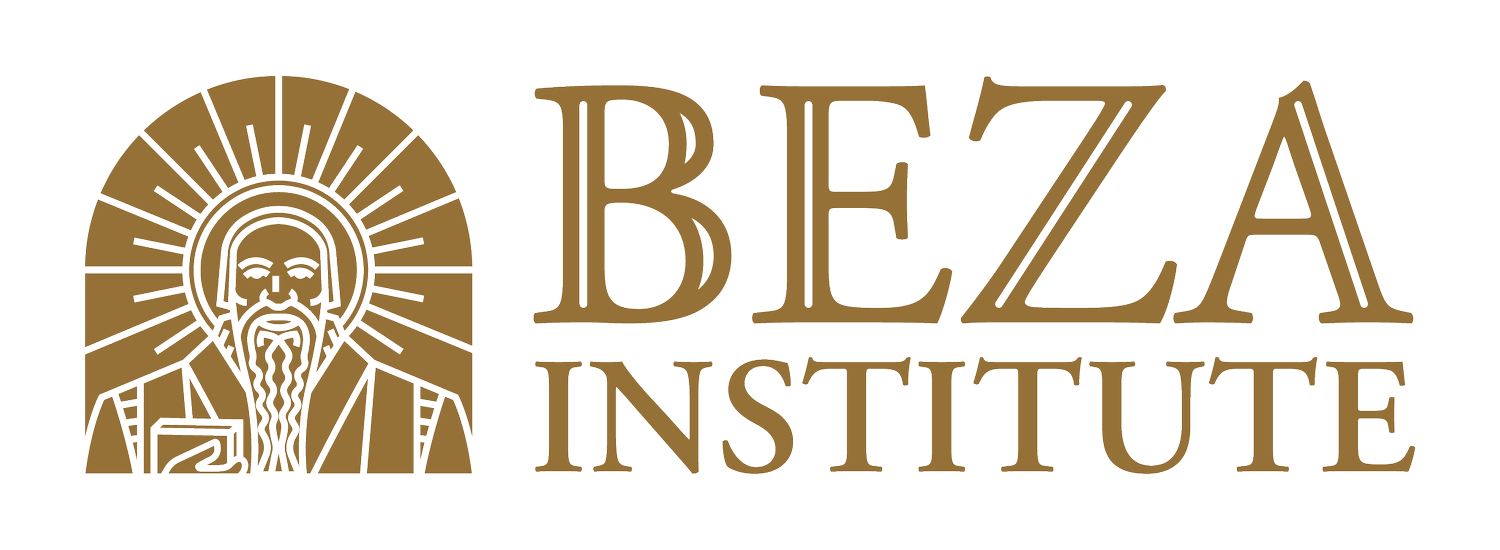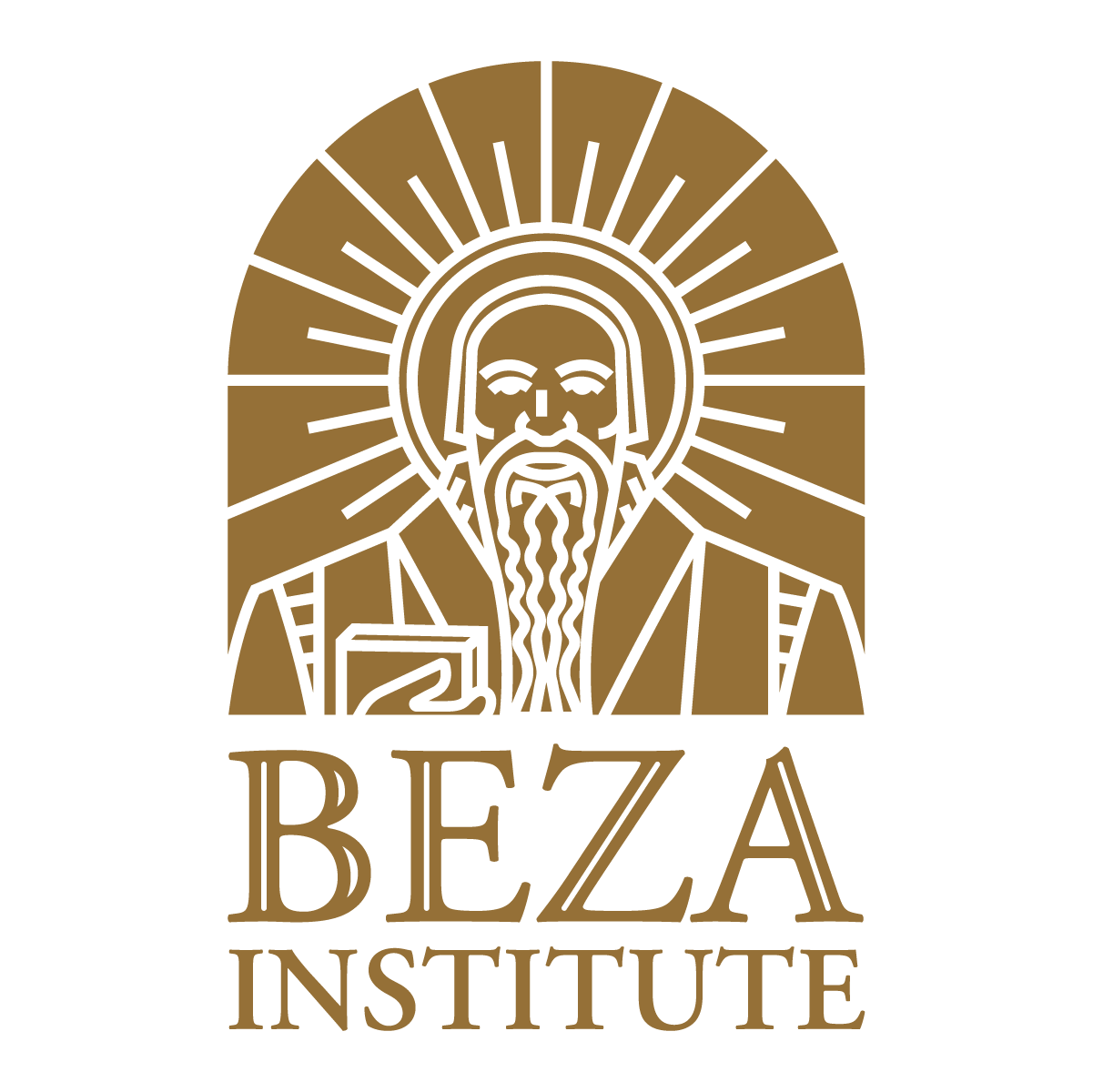Pardoning Youthful Zeal
Today one of my students asked me, in response to all the homework he received, “Why are you giving us so much work?” He said it in a good natured way (and it wasn’t that much homework, really). I told him it was because I loved him and I wanted to help him grow in knowledge and wisdom. He followed up with, “How smart do you want me to be?” I replied, “I want you to be far more intelligent and wiser than I’ll ever be.” He asked if that was truly what I wanted, for him to know more than I do, and I assured him it was really and truly my goal to help all of my students exceed me in every possible way. He humbly expressed that he wasn’t sure that was possible. I assured him he was already well on his way.
After all, he as a 13 year old young man has already begun reading and studying Scripture, Plato, Herodotus, Augustine, Dante, Shakespeare, etc., whereas I didn’t even start caring about my education until I was in my 20’s. In many ways, I wasn’t really on the road to the right kind of education until I was in my 30’s. It is things like that which make me encouraged, not discouraged, about the next generation. We are raising up an army of classically educated Christian disciples who are going to make a difference. Classically educated Christians might still be in the minority, but Jesus started with only 12 disciples. In the fledgling upper school I oversee as Dean I have 20 young men and women, so it seems to me that we are already well on the road to changing the world again.
Regardless, after my class just emptied out a few minutes ago, this conversation caused me to reflect a little bit upon my own course of life and God’s faithfulness to me. I might not have gotten the early start on the education which I would now choose for myself (I didn’t know to seek it then) but I walked the path my Lord had planned for me and it was for my good all the same. From the time I became a committed follower of Christ, when I was 15, I became a very zealous follower of Jesus. Lot’s of zeal, but very little knowledge, very little wisdom, and almost no discipline.
As I reflect over my years I think about the many things I said, did, and wrote in my zeal for Jesus as a young man. I became an avid reader of my Bible and when I had read it all I thought I knew it all and I went out into the world with zealousness for Christ. I shared the gospel (often poorly), I got into debates with Mormons, Atheists, and other Christians outside of my own perspective (it would be hard to say at the time “outside my tradition” for I hadn’t one). In my well intended zeal I sometimes evaluated some of my brothers and sisters in Christ as being unbelievers. I hadn’t yet learned where to be narrow and where to be wide. I blogged and wrote theological treatises, I wrote apologetical arguments, I debated online and in person with anyone who wanted to (and some who didn’t). Then I became a Calvinist! (Lord forgive me for that early period). Oh, I still am one…just not like that.
When I look back at the last 20 years of my life (I am now 40) I see a lot of good and bad all mixed together. I sometimes think I need to rekindle a bit of that youthful zeal in certain areas of my life, but I am also thankful that I have calmed down a bit. I am thankful that raw facts and base knowledge have begun to turn into more seasoned understanding and wisdom. I know that, by no means, have I arrived. May I ever eschew such arrogance as to say, “Thank god I am not like that other sinner I used to be.” For I know now that my sins are far graver than I ever knew then. As for knowledge, I am far closer to affirming what my friend Socrates said to his fellow Athenians, “I only know that I don’t know.” Nevertheless, by God’s grace I am what I am. I am thankful for the place to which God has brought me and also for the fact that I know he will finish the good work he has begun in me. I have so far to go, but I am not who I was yesterday either.
It is well worth noting that our life is a continuum. We don’t pop into today out of a vacuum that is disconnected from our earlier days. When I think about my youthful zeal, my eagerness to share Christ (even poorly), my readiness to argue and defend my faith, my passion for consuming the Bible and theology and philosophy, I can’t say I regret or turn my back on any of it. I might regret some careless words, or even hurt I caused unnecessarily, but I don’t regret the process I went through. I am thankful that my methods are more refined, that my understanding is deeper, my charity for those I disagree with stronger, but I had to go through all of that to get here.
I remember someone once telling me, “No one should publish anything before they are 40.” Their meaning was clear, we all go through this youthful period of life where we think we know so much more than we do. Being now 40 years old, I see what he meant. Even so, I had to do all that first. I had to read those books, write those blog posts, have those arguments and debates, share the gospel eagerly and poorly, etc., etc., in order to be who I am now. I do not desire (nor do I think any of us should) to pass through the waters of Lethe concerning my younger years. Those past years make us who we are now. Our ability to discern what we did wrong then is a result of having gone through all of that to reach the now. If no one did anything before they were 40, they’d never get to the point of being worthy of publishing something at the age of 40. No master painter painted his masterpiece without painting some lousy pieces along the way. Wisdom doesn’t come by the mere passing of years. We all know too many people who can demonstrate that age alone is not the determiner of wisdom. Wisdom is the product of striving for understanding plus time, not just time alone.
I think this kind of reflection ought to give us a desire to show greater grace and charity to zealous young men and women. They need to speak now, write now, think now, argue now, fight now, to figure out who they are and get after the true, good, and beautiful now.1 Youthful zeal can and will transform those who pursue the right things, with the right heart, even if they do so recklessly at times. We should think of this not only concerning the young people directly in our lives, but also about the authors we read. When you read an author, we ought to extend greater charity to their younger works than their latter because they were early in their journey towards wisdom. People must be allowed to grow and change over time.
It’s not the young zealots you should be worried about, it’s the young apathetic do-littles you should fear for most. How will they ever get further if they do not strive? C. S. Lewis famously wrote “The task of the modern educator is not to cut down jungles, but to irrigate deserts.” How right he was. We must seek to impart passion into our children, our students, and whatever young people lie within our sphere of influence. Passion can be refined, rerouted, and honed. Apathy is deadness of heart, mind, and soul.
I write this reflection while being self conscious of the fact that I am at a point in my life where I am “old” to some and “still young” to others. It is likely, indeed I hope that it is certain, that I will look back at what I wrote at this stage of my life when I am in my 50’s and 60’s and see how much I still had to learn. It is also my sincere hope that in my 50’s and 60’s (and for as many years as the Lord gives me) that I will still be of the opinion I have so much more to learn.
But whatever good is in me now, may it be used up in the service of my King Jesus. May it be poured out to serve my wife and children and students. May they all surpass me not only in zeal, but in knowledge and wisdom and prudence. May I always remember that who I am came from who I was, that I had to walk that road to get here, and that I am still on the same road. May the Lord lead me home and may others follow in my train as I follow my fathers before me.
This article was originally published on Study the Great Books. It is republished here with permission.

